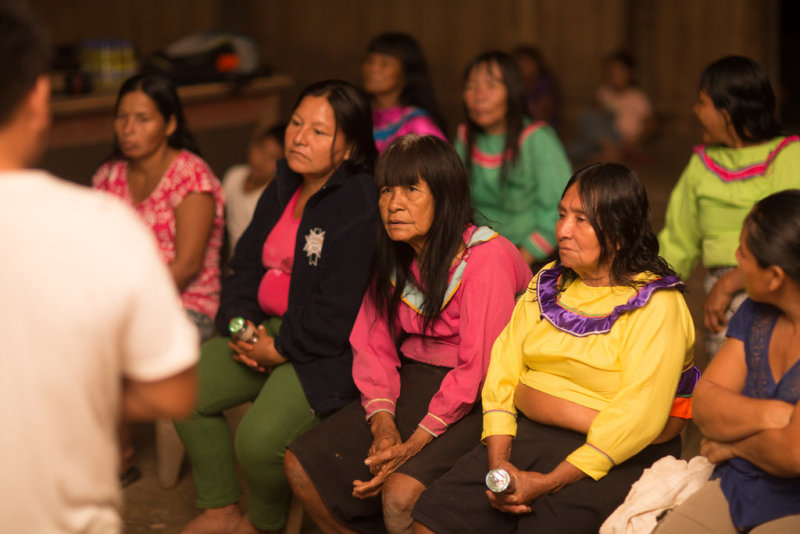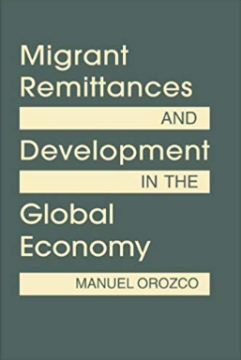The Earthquake’s Impact on Remittances
The earthquake in Haiti has exacerbated an existing distress during the international recession and increased uncertainty of what to do and how to help.
Within the changing landscape of migration where both men and women are moving across borders, remittance transfers also follow gendered lines. These dynamics are the differences in sex and social practices that signify the presence of prevailing relationships in the broader context of contemporary transnational migration (Ramirez 2005).
The concept of gender is associated with socially defined meanings of sex, that is to say, the way in which males and females relate. These practices depend on the interplay between power, authority and sex which define roles and relationships between men and women, with direct implications for migration. As Mahler notes, “the integration of women into the paid labor force has altered gender relations significantly” (Mahler 2005). This phenomenon is true for migration as well. Until the 1970s, most migration was perceived to be made up of male players. However, with the transformations of globalization leading to increases in light manufacturing and the demand for labor intensive activities, the feminization of labor has also grown, thus provoking greater female migration, particularly responding to job opportunities as domestic workers, entertainers, farm workers, and hospitality service providers (Sassen 1996; Chang 2000; Ehrenreich and Hochschild 2002).
Remittances, which in large part are a rationale for migration, both inform and are informed by gender. A farm worker remitting to his mother in Zacatecas significantly influences the limits of expenditure his mother can afford. Similarly, a young man from El Salvador working in the cleaning industry assesses both his needs in the United States and those of his siblings in El Salvador according to his social condition and income, and then decides what the priorities of the transnational household are. A domestic worker from Paraguay or the Philippines or a Dominican or Cuban entertainer and single mother in Milan will also consider certain priorities and conditions for remitting, including remitting to the person who can take care of their children, a grandmother, aunt or sometimes their father.
This brief note looks at the gender characteristics between men and women senders and recipients as a preliminary approximation of this social reality. The notes are based on statistical description of a survey on transnational communities and families carried out by the author in 2004 (Orozco 2005b).
The earthquake in Haiti has exacerbated an existing distress during the international recession and increased uncertainty of what to do and how to help.
How do patterns of migration and remittances differ across regions? What kinds of frameworks support the contributions of remittances to local development?
On February 24th, the Inter-American Dialogue held its annual event on Remittances to Latin America and the Caribbean.
 Marlon del Aguila Guerrero, CIFOR / Flickr / CC BY-NC-ND 2.0
Marlon del Aguila Guerrero, CIFOR / Flickr / CC BY-NC-ND 2.0

